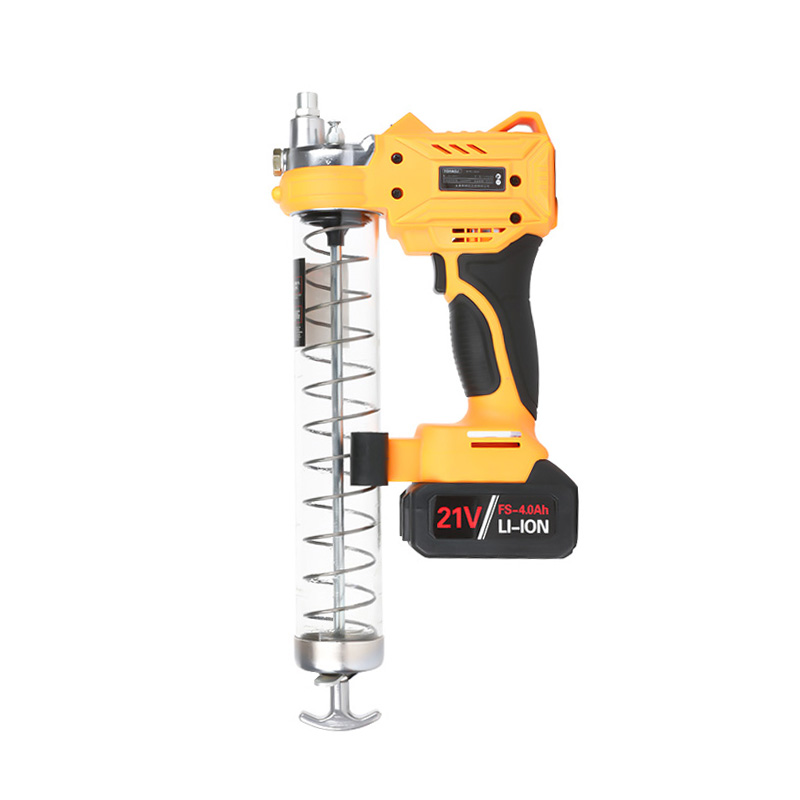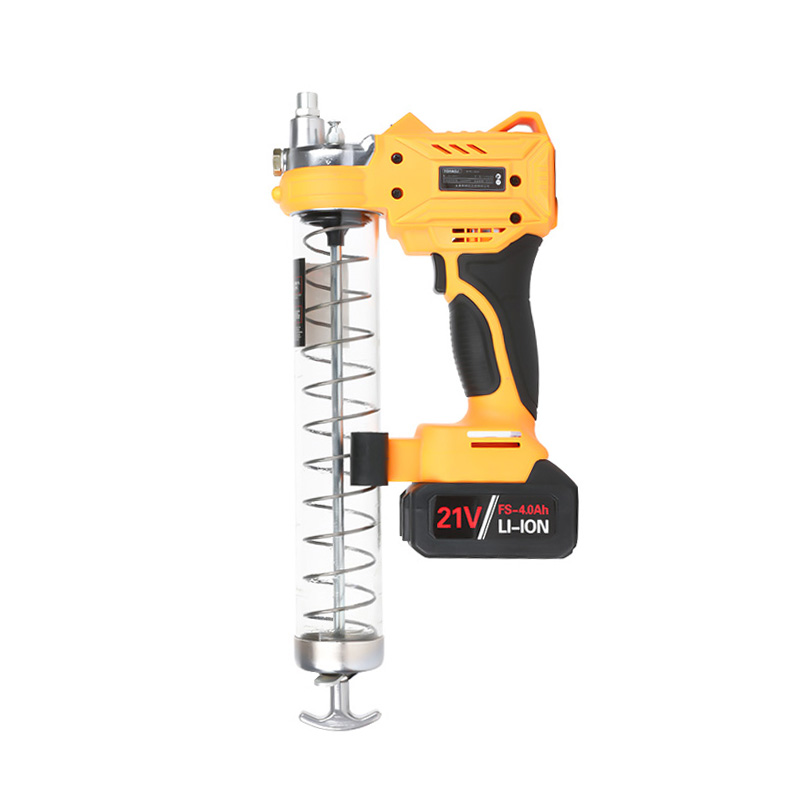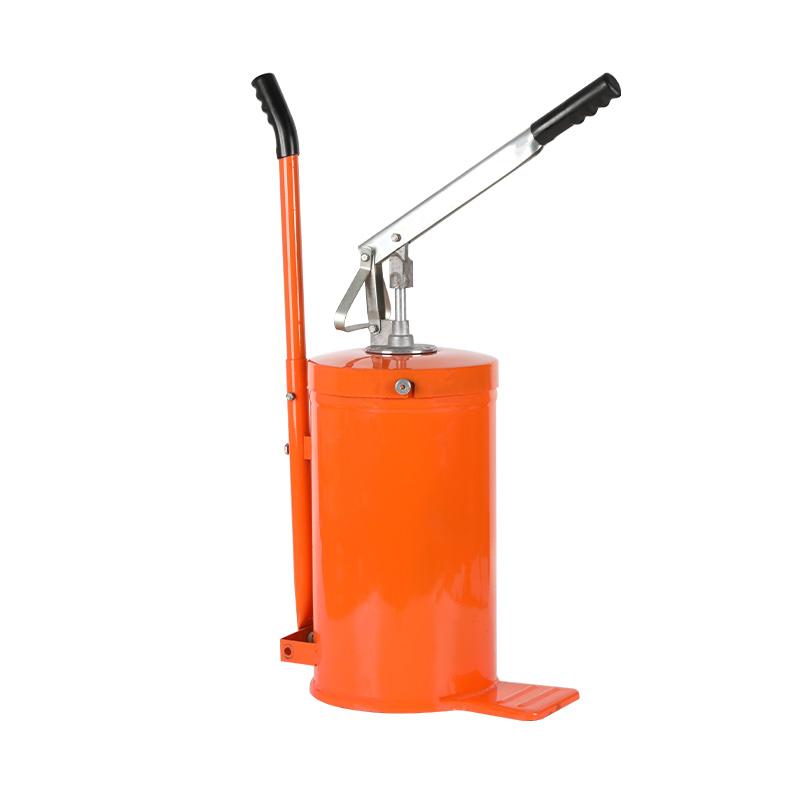Wholesale OEM Pneumatic Grease Pump Manufacturers in China
Pneumatic Grease Pump Manufacturers are pivotal in the industrial sector, providing essential equipment for lubrication systems. Their products are expected to perform reliably under a wide range of conditions, including bad temperatures. Additionally, these manufacturers are under constant pressure to reduce waste in their production processes to maintain cost-effectiveness and sustainability. This article explores the measures taken by Pneumatic Grease Pump Manufacturers to ensure their products' performance in bad conditions and their strategies for waste reduction.
The performance of pneumatic grease pumps in bad temperatures is a critical concern for Pneumatic Grease Pump Manufacturers. To address this, manufacturers invest in rigorous material selection and engineering. High-quality materials that can withstand temperature fluctuations are chosen, ensuring the pump's components do not succumb to thermal stress. For instance, seals and gaskets are made from materials that maintain their elasticity and resilience in both hot and cold environments, preventing leaks and ensuring smooth operation.
Innovative design also plays a crucial role in the performance of pneumatic grease pumps in bad conditions. Pneumatic Grease Pump Manufacturers employ computer-aided design (CAD) tools to simulate the pump's performance under various temperature scenarios. This allows them to identify potential weaknesses and optimize the design to enhance heat dissipation and maintain structural integrity.
Quality control is another area where Pneumatic Grease Pump Manufacturers excel. Each component and finished pump undergoes a series of tests to ensure it meets the required performance standards. These tests include temperature cycling, where the pump is subjected to rapid changes in temperature to evaluate its resilience and performance stability.
While ensuring product performance, Pneumatic Grease Pump Manufacturers also focus on reducing waste in their production processes. One approach is to implement lean manufacturing principles, which aim to eliminate waste and improve efficiency. This includes reducing overproduction, waiting times, unnecessary transportation, and defects.
Another waste reduction strategy is the use of advanced manufacturing technologies, such as computer numerical control (CNC) machines, which can produce components with high precision and material waste. Additionally, Pneumatic Grease Pump Manufacturers are increasingly adopting additive manufacturing techniques, which can create complex parts with less material than traditional methods.
Recycling and reusing materials within the production process is another key initiative. Pneumatic Grease Pump Manufacturers are finding ways to repurpose scrap materials, reducing the need for new raw materials and the waste sent to landfills. This not only benefits the environment but also contributes to cost savings.
Energy efficiency is also a priority for Pneumatic Grease Pump Manufacturers. By optimizing energy use in their facilities, they can reduce their carbon footprint and operational costs. This includes investing in energy-efficient machinery, utilizing renewable energy sources, and implementing energy management systems.
Finally, Pneumatic Grease Pump Manufacturers are committed to continuous improvement. They regularly review their production processes, seeking opportunities to refine techniques and introduce new technologies that can further reduce waste and enhance efficiency.
In conclusion, Pneumatic Grease Pump Manufacturers are dedicated to ensuring their products perform in bad temperatures while also reducing waste in their production processes. Through material selection, innovative design, quality control, lean manufacturing, advanced manufacturing technologies, recycling initiatives, energy efficiency, and continuous improvement, these manufacturers are setting the standard for well in the industry.


 中文简体
中文简体
 English
English
 Español
Español
 عربى
عربى












